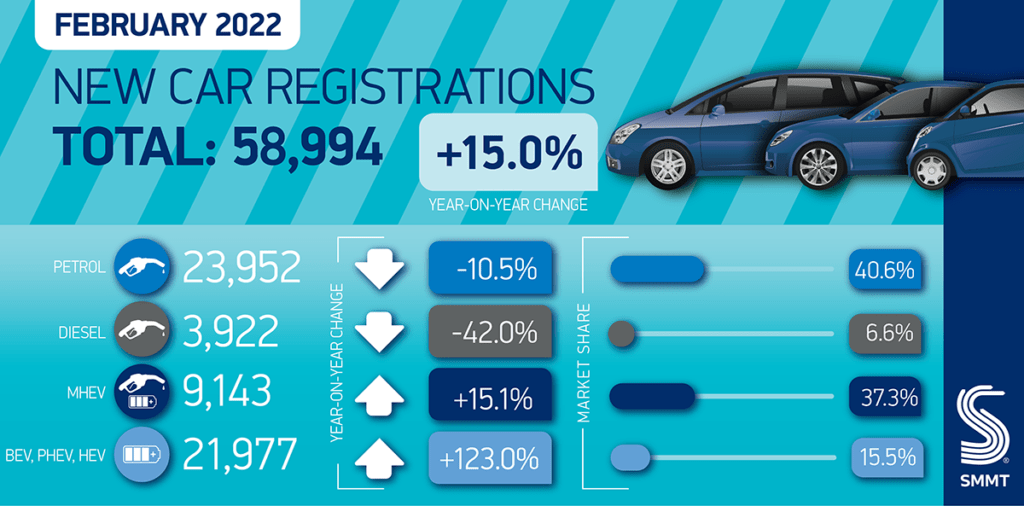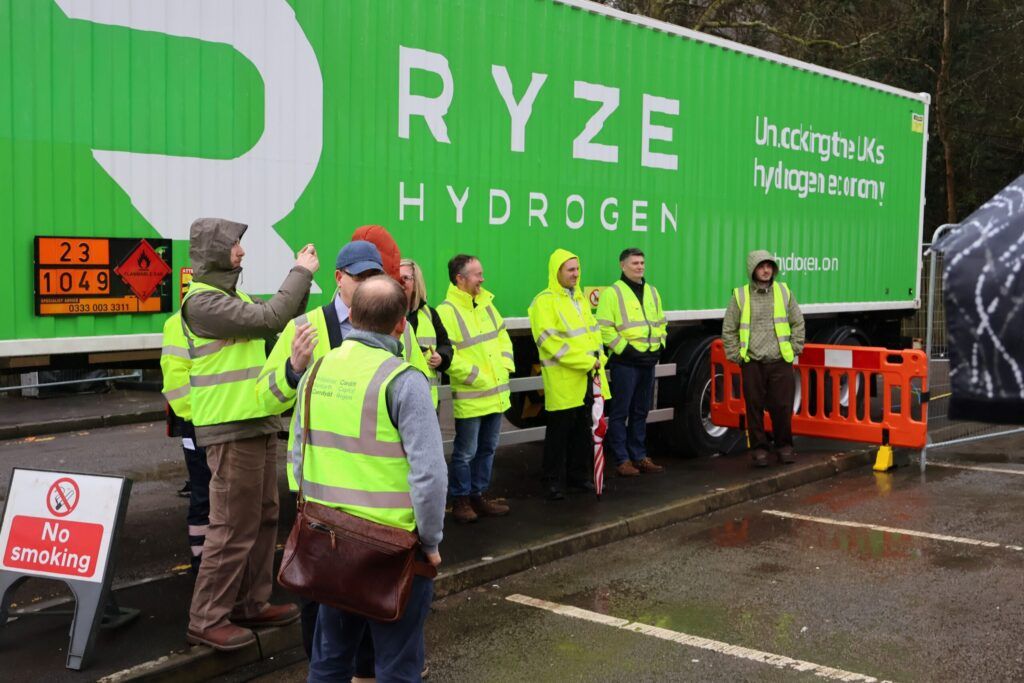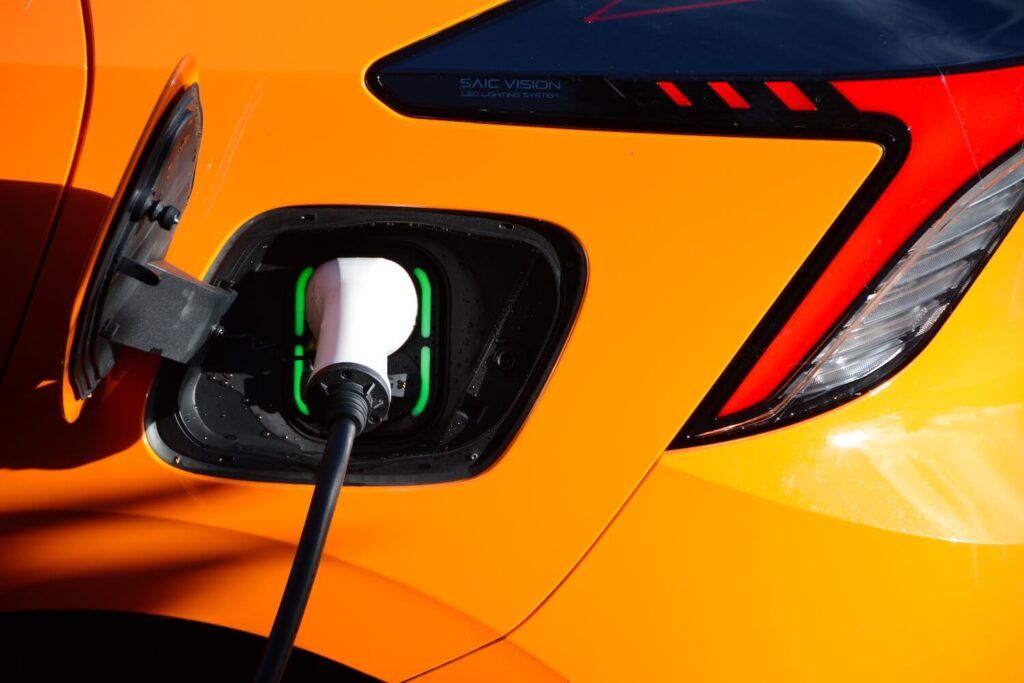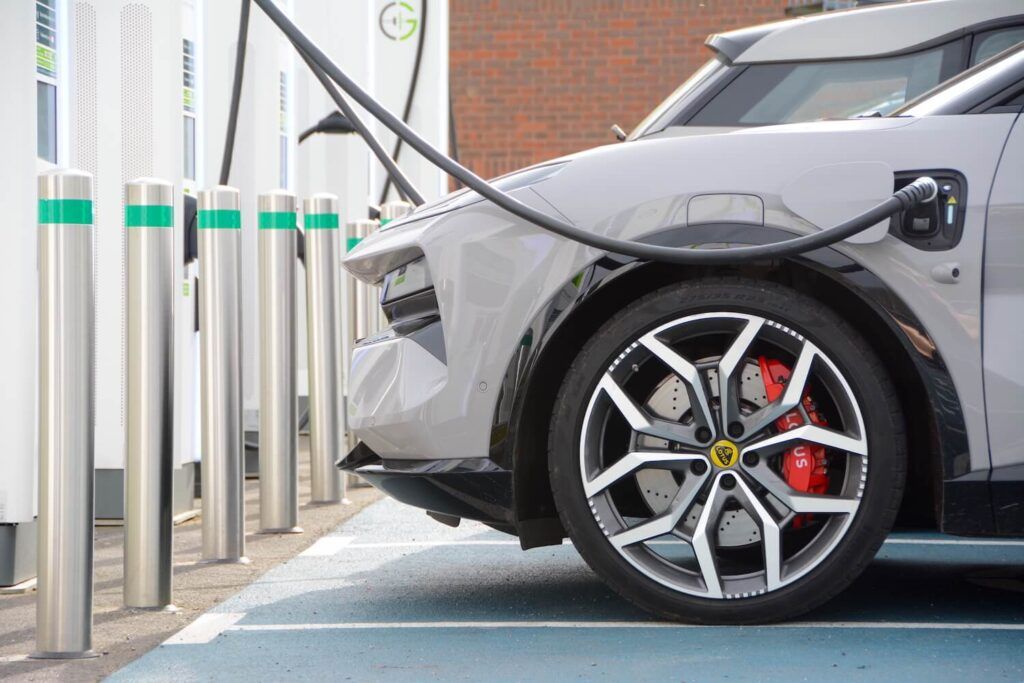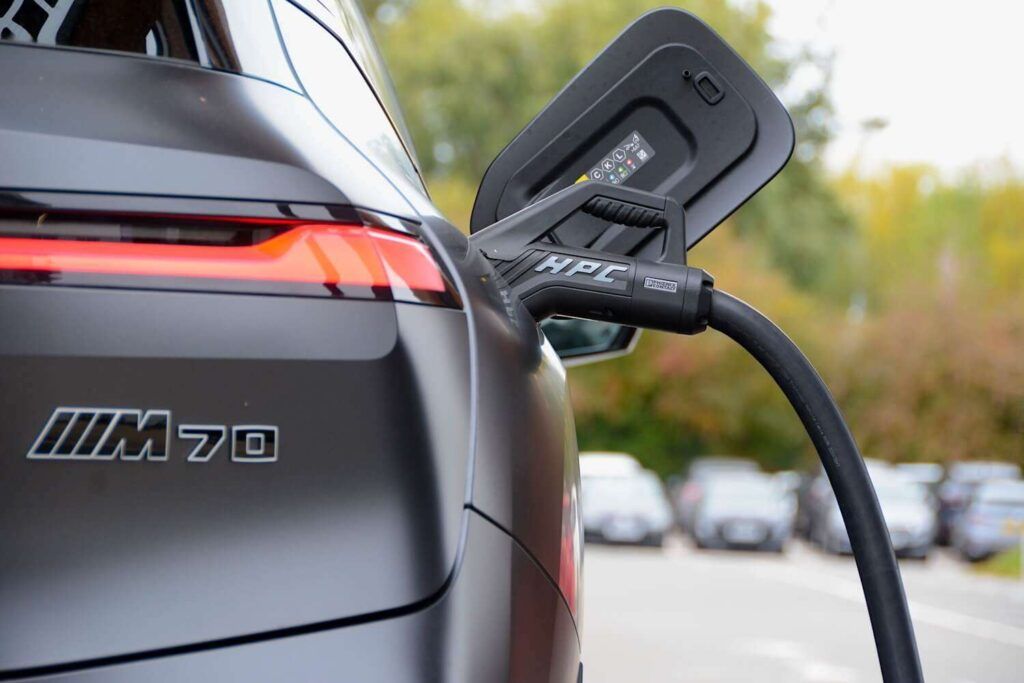It was another bumper month for battery electric vehicles (BEVs), which took a 17.7% market, according to the latest figures from the Society of Motor Manufacturers and Traders (SMMT).
Registrations of plug-in hybrids (PHEVs) rose to 4,677 units and a 7.9% share of the market.
When combined with hybrid (HEV) registrations (6,883), electrified vehicles accounted for more than a third of all new cars leaving dealerships.
While this demonstrates the growing demand for electric cars, February is typically the lowest volume month, as many buyers delay purchases until the ‘new plate’ month of March, and fluctuations in supply for some key models can have a more pronounced effect in terms of market share.
UK new car registrations rose by 15.0% in February as 58,994 new cars joined Britain’s roads. The rise of 7,682 units was in comparison with the same month in 2021, when the pandemic shut car showrooms across the UK.
Despite this positive performance, registrations are down -25.9% on pre-pandemic levels, as vehicle supply remains constrained by semiconductor shortages.
Of greater concern to the long term delivery of net zero road transport, however, is the need for accelerated public chargepoint provision, says the SMMT.
Investments are being made, but at a pace that continues to lag behind plug-in vehicle uptake.
Last month, the industry published its seven-point plan to increase the number of public on-street chargers ahead of need.
Meanwhile, April will see the effective end of the Electric Vehicle Homecharge Scheme (EVHS), which has provided vital funding for homeowners to install their own chargepoint.
Ahead of the government’s Spring Statement, SMMT is calling for an extension to both the EVHS and its business counterpart, the Workplace Charging Scheme, beyond 2025 to ensure EV uptake remains on track to meet Government’s net zero deadlines.
It also recommends that VAT on electricity used for public charging points be cut to match that for home use, so that EV drivers are treated equally regardless of where they charge their vehicle.
Mike Hawes, SMMT Chief Executive, said: “Despite February’s traditional low registration numbers, consumers are switching to EVs in ever-increasing numbers. More than ever, infrastructure investment needs to accelerate to match this growth.
“Government must use its upcoming Spring Statement to enable this transition, continuing support for home and workplace charging, boosting public chargepoint rollout to tackle charging anxiety and, given the massive increase in energy prices, reducing VAT on public charging points. This will energise both consumer and business confidence and accelerate our switch to zero emission mobility.”
Image: courtesy SMMT




